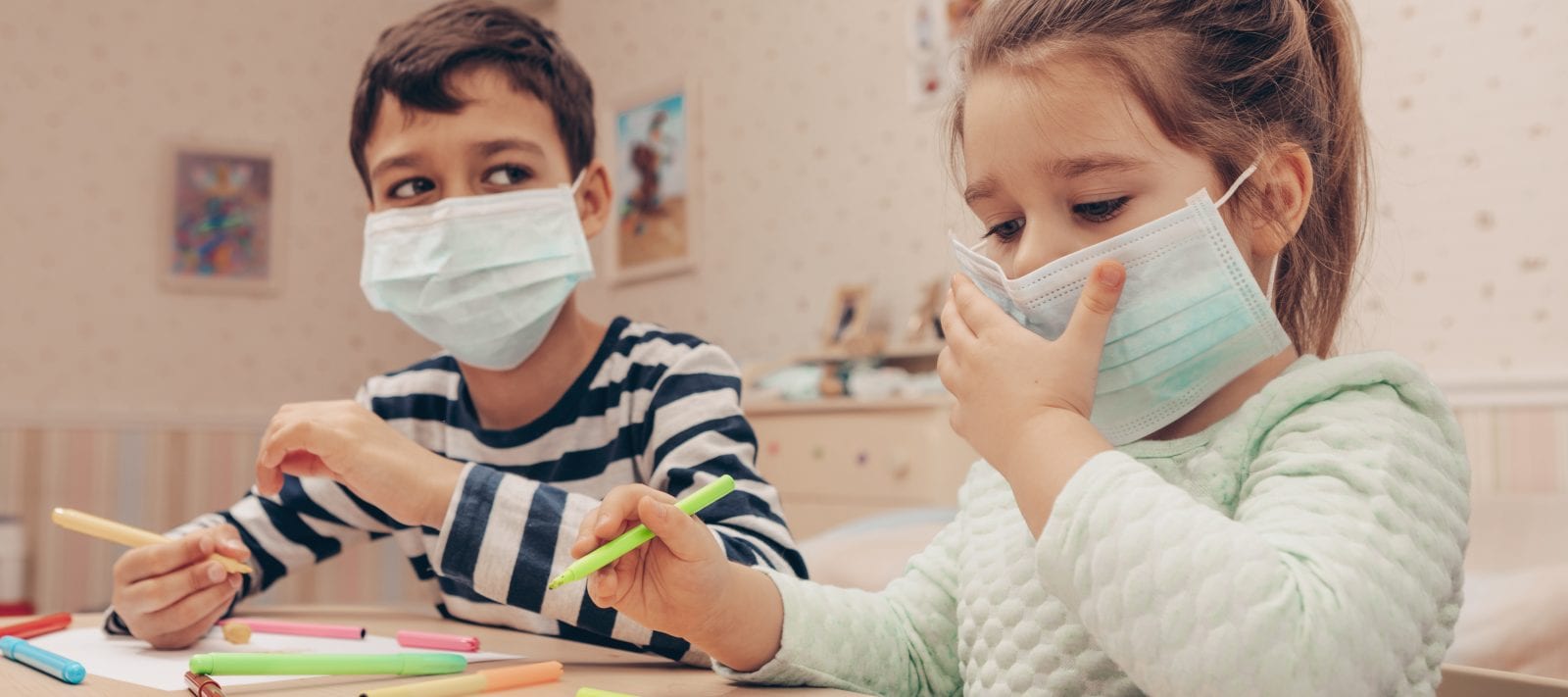‘Life is not the way it is supposed to be. It’s the way it is. The way you cope with it is what makes the difference’. (Virginia Satir)
Lockdown has perhaps one of the most challenging adjustments in recent times we have all had to make to everyday life. We can all relate to the struggle of this strange way of life but we at least – most of the time – understand the rationale and reasoning behind it.
For children, it has been harder still. It’s not necessarily logical to them and what feels rational to adults, may not quite make sense to them in the same way – regardless of their age. And then just as we had all created some sense of routine to our days, there came more changes which may not seem to quite make sense again. This is a lot to process for all of us and as we look ahead to how these changes will impact the next few weeks and months, we will need to consider how best to support our children.
We may need to help children express and understand their own anxieties and feelings surrounding more changes to their world. Help them make sense of the changes that will impact them and answer any questions they may have.
How children perceive the current changes to the lockdown may well be very dependent on their age and cognitive understanding. However, there is no doubt that this will be a very confusing time for them. They can go out – but not play with friends, go to school but not sit next to friends, go to school but not socialise afterwards and no sleepovers, go to school but not visit relatives etc. It can feel overwhelming just thinking about it and for children, it’s likely it will be very challenging, frustrating or frightening for them to grasp the new changes.
It’s also likely that they may have adjusted extremely well to the lockdown by now and are enjoying their extra time at home with their pets and family around so much that they may be reluctant to go back to school. These recent weeks have become their new normal and so introducing new changes again – with caveats that do not necessarily make sense to them – may be difficult for them to process. The idea of going back to school but not in the way that they are used may put them off the idea altogether.
As with any emotionally charged situation, children’s feelings often emerge in physical or verbal (mis) behaviour. They are trying to convey something to us and we may need to take the time to understand what they are trying to say.
When we want to say They may need to hear
I’ve had enough of this….. I’m here for you, tell me……..
Don’t get upset…….. It’s ok to be worried………..
Why are you shouting…… Take a deep breath then tell me…
Just calm down………. Can I help you, how………….
Stop crying……… I can see you are scared, sad, worried etc.,……….
Enough, be quiet…….. Can you speak softly please, I can’t understand……..
Oh you’re OK ………… Are you OK? I’ll stay with you until you feel better…………
Don’t hit, kick, destroy…………… Can you be more gentle?……… You seem angry………
That is enough………… Do you need a hug…………
Empathy will help them feel understood and let them know you hear their struggle. They are trying to communicate with you and share their frustrations and concerns – they just need some help getting to the heart of what’s worrying them the most. They are just trying to make sense of their new world and are very likely still confused by the lockdown world!
It can be helpful to find some quiet time to talk to them about the impending changes to their daily routine. If school is likely to be an option for them next month, then begin talking to them about it and how the new changes might look and feel for them – your school will provide you with as much information as they can once they have their plans in place. Give them time to digest the coming changes and let them know you are always there to talk and answer any questions they may have. Talk about it often so it stays front of mind, and remind them to talk to you about how they might be feeling about the changes.
If school is not an immediate consideration for your child, then still follow a similar process with regards to regular conversation about the changes, so they understand that daily life might be a bit different again to what they have just got used to. For example, they may be able to see their friend or auntie in the park but will have to keep a distance and not be able to hug them.
Remember what is logical and practical in our minds, might not feel the same to a child. Even as adults, we are struggling with lockdown itself, let alone the impending changes. Talking about how we feel and finding a positive to focus on can help.

